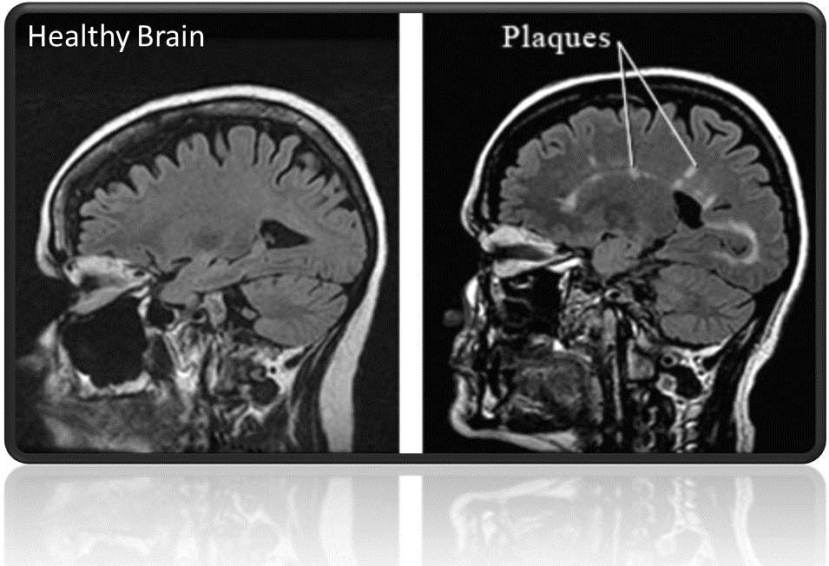
Brain plaques are protein buildups between neurons that are known to occur in Alzheimer's disease. A study in the The Journal of Experimental Medicine shows that a protein called orexin which causes our wakefulness. This orexin, produced in the hypothalamus, results in brain plaques that are correlated with Alzheimer's disease and is caused by sleep loss. Researchers at the School of Medicine at Washington University in St. Louis found that reducing orexin increased sleep in patients with sleep disorders and possibly even improve the sleep of healthy patients. By testing mice, the researchers not only found that less orexin meant more sleep but also meant less brain plaque (approximately half as much).
Further studies need to be done with orexin, as it has incredible implications of reducing the risk of Alzheimer's in patients, especially with the upcoming dementia crisis (refer to my earlier blog post). If we can target and focus on orexin levels in the brain, we can potentially reduce the amount brain plaque in patients suspectable to Alzheimer's and thus reduce the risk of the disease.
I'm glad we are making headway to avoid this potential dementia crisis but research needs to occur at a faster rate. There's quite a bit of attention now for dementia related diseases but it's time to put all that attention to work. We need to fully understand the cause and effects of these diseases to make a significant leap to solve this crisis.
No comments:
Post a Comment